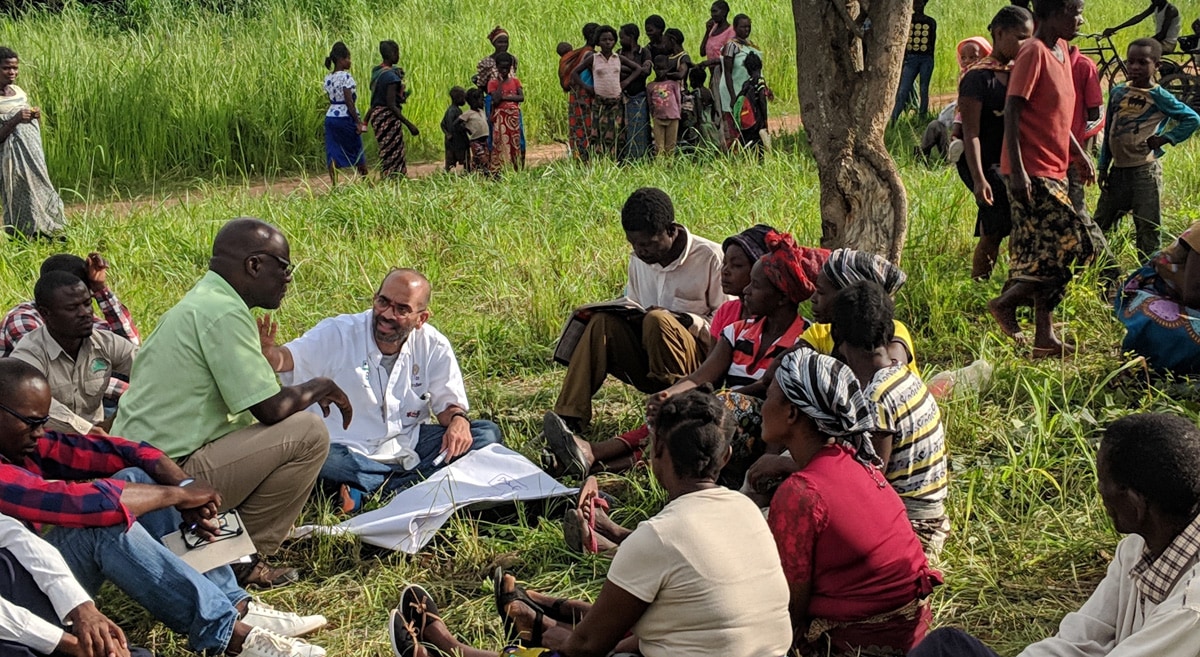Human rights
Committed to human rights and responsible sourcing
Respecting human rights is a non-negotiable commitment for our business. We have been a signatory to the United Nations Global Compact since 2005 and are committed to the principles and guidance contained in the UN Guiding Principles on Business and Human Rights. In 2019, we refreshed our Global Human Rights Policy strengthening provisions related to the prohibition of forced labor and child labor and reinforcing our commitment to the provision of effective remedy.

We are continually evolving and strengthening our approach to respecting human rights. Through the policy refresh process, we recognized there was an opportunity to improve our company-wide approach to human rights due diligence. We analyzed existing internal and external good practices and designed a new model for testing. The model was piloted in India and involved cross-functional participation from commercial, operational and corporate affairs functions. The model is being refined based on pilot results and will be scaled into other markets in 2020 through a Due Diligence Implementation Toolkit. We are also developing ways of working with our procurement teams, in China we conducted 590 responsible sourcing assessments with suppliers and we continue to develop our approach with suppliers leveraging our procurement processes.
with us globally
As a global brewer, the sourcing of raw materials is fundamental to the success of our business and plays an important role in how we contribute to the incomes and livelihoods of farmers around the world. Following the 2018 publication of our Responsible Sourcing Principles for Farms, in 2019 we trained our procurement agronomy teams on the principles and communicated them to our direct farmers. We also conducted a baseline assessment of our direct farmer supply chain (aligned to the principles) to identify potential gaps. This survey was conducted by our agronomy teams across 11 countries, 4 crops and covering over 20,000 farmers. Results of the survey will be integrated into in action plans to be put in place throughout 2020.
We believe technology and digital innovation offers a significant opportunity to enable companies to strengthen their approach to respecting human rights, particularly to help increase transparency with potentially affected stakeholders. We are currently testing BanQu, a non-crypto currency blockchain solution in supply chains beyond agriculture in South Africa and Zambia, and are identifying other technology partners to collaborate with in 2020.

We continue to participate in industry and NGO initiatives that seek to improve business’ approach to respecting human rights. We are a longstanding member of AIM-Progress, a global forum that aims to enable and promote responsible sourcing practices, and a founding member of the Centre for Sports and Human Rights. In 2019, we continued to engage with external human rights stakeholders to help inform our company-wide approach to human rights. This led to joining Shift’s Business Learning Program and collaborating with a range of human rights organizations such as Arche Advisors, Partner Africa and Landesa. To inform and support us in measuring our approach to human rights, we engage with the Corporate Human Rights Benchmark. We were rated 35.7% in 2019 and are integrating actions into our 2020 plans to further improve.
For more information about our policies related to human rights, please visit www.ab-inbev.com/our-policies.html#humanrightspolicy.








































